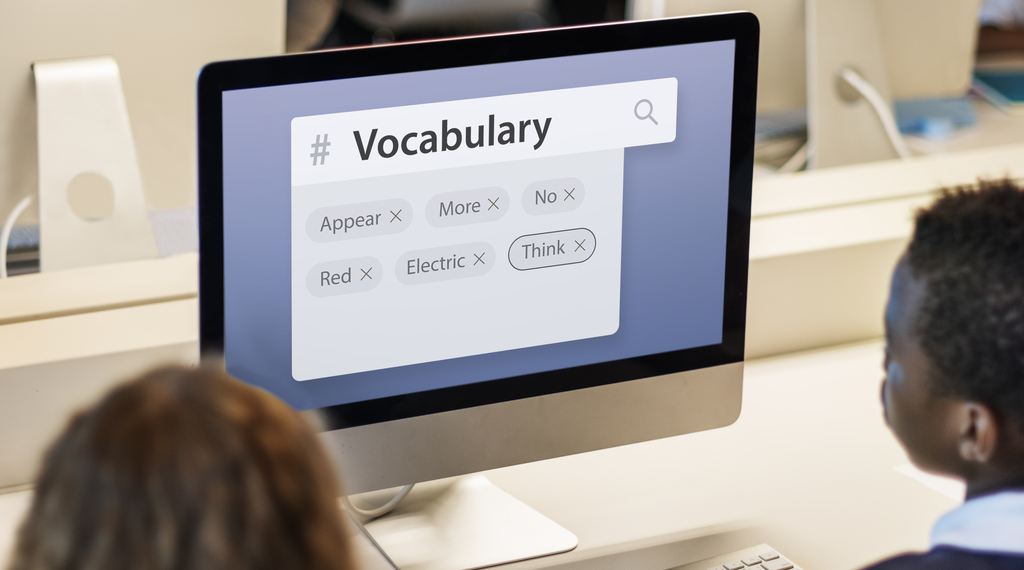This website uses cookies so that we can provide you with the best user experience possible. Cookie information is stored in your browser and performs functions such as recognising you when you return to our website and helping our team to understand which sections of the website you find most interesting and useful.
Inter II Sample Activity 3
Grammar Focus

General Concept: The present perfect is used to indicate a link between the present and the past. The time of the action is before now but not specified, and we are often more interested in the result than in the action itself.
Formation:
The Present Perfect is formed from the present tense of the verb have, as an auxiliary, and the past participle (third column) of a verb.
For questions, the formula for the Present Perfect is Question Word + Have/Has + Subject + Past Participle of Main Verb + Complement.
For yes/no questions, simply remove the question word and use the same formula.
To form the negative, it’s the same old same old: simply add the word not after the auxiliary.
For the third person singular, use the third person of the auxiliary: has.
The auxiliary is almost always used as a contraction. For affirmative sentences, the contraction is ‘ve, or ‘s (third person). For negative sentences, the contractions are haven’t or hasn’t.
Important: the main verb will ALWAYS remain in the past participle!
Check out these examples:
- I have lived here since 2000 (I’ve lived here since 2000).
- He has worked there for two years (He’s worked there for two years).
- She has not bought anything (She hasn’t bought anything).
- We have not seen our friends (We haven’t seen our friends).
Look at these questions:
- How long have you lived here?
- How long has he worked there?
- What has she bought?
- Have you seen your friends?
Usage: The Present Perfect is used in many ways. In this lesson, we will study how it is used for something that started in the past and continues in the present. The key words here are "for" (periods of time) and "since" (times, events or calendar dates).
- Ray and Deborah have lived across the street from Ray’s parents for three years now.
- They have lived there since their twins were born.

If you mention the time, use the Simple Past; never the Present Perfect.
Now do these exercises*:
Resumo da Atividade
0 of 9 questions complete.
Questions:
Information
You have already completed the %s. You can’t start it again.
Activity is loading…
You must sign in or sign up to take this activity.
You must first complete the following:
Results
Você concluiu a atividade. O sistema está gravando os resultados.
Results
0 of 9 questions answered correctly.
Seu tempo:
Time has elapsed.
You have reached 0 of 0 point(s), (0)
Points Earned: of ()
Essay(s) Pending (Possible Points: )
Categories
- Multichoice 2 0%
Would you like to add your score to the leaderboard?
| Pos. | Name | Entered on | Points | Result |
|---|---|---|---|---|
| Table is loading | ||||
| No data available | ||||
- 1
- 2
- 3
- 4
- 5
- 6
- 7
- 8
- 9
- Current
- Ver Depois
- Respondida
- Correct
- Incorrect
-
Question 1 of 911 Point
My friend _____ for a bank since 2016.
Muito bem!Você errou uma ou mais respostas! -
Question 2 of 921 Point
My friend has worked for a bank since 2016. Last year, he _____ going to the gym.
Muito bem!Você errou uma ou mais respostas! -
Question 3 of 931 Point
My friend has worked for a bank since 2016. Last year, he started going to the gym. He told me it _____ him relax.
Muito bem!Você errou uma ou mais respostas! -
Question 4 of 941 Point
My friend has worked for a bank since 2016. Last year, he started going to the gym. He told me it has helped him relax. I _____ out at a gym since last year …
Muito bem!Você errou uma ou mais respostas! -
Question 5 of 951 Point
My friend has worked for a bank since 2016. Last year, he started going to the gym. He told me it has helped him relax. I have worked out at a gym since last year, but it ______ me relax.
Muito bem!Você errou uma ou mais respostas! -
Question 6 of 961 Point
My friend has worked for a bank since 2016. Last year, he started going to the gym. He told me it has helped him relax. I have worked out at a gym since last year, but it hasn’t helped me relax. In fact, it _____ me feel more stressed out.
Muito bem!Você errou uma ou mais respostas! -
Question 7 of 971 Point
My friend has worked for a bank since 2016. Last year, he started going to the gym. He told me it has helped him relax. I have worked out at a gym since last year, but it hasn’t helped me relax. In fact, it has made me feel more stressed out. I ______ about stopping for some time now…
Muito bem!Você errou uma ou mais respostas! -
Question 8 of 981 Point
My friend has worked for a bank since 2016. Last year, he started going to the gym. He told me it has helped him relax. I have worked out at a gym since last year, but it hasn’t helped me relax. In fact, it has made me feel more stressed out. I have thought about stopping for some time now, but when I ____ my wife…
Muito bem!Você errou uma ou mais respostas! -
Question 9 of 991 Point
My friend has worked for a bank since 2016. Last year, he started going to the gym. He told me it has helped him relax. I have worked out at a gym since last year, but it hasn’t helped me relax. In fact, it has made me feel more stressed out. I have thought about stopping for some time now, but when I told my wife, she ________.
Muito bem!Você errou uma ou mais respostas!












